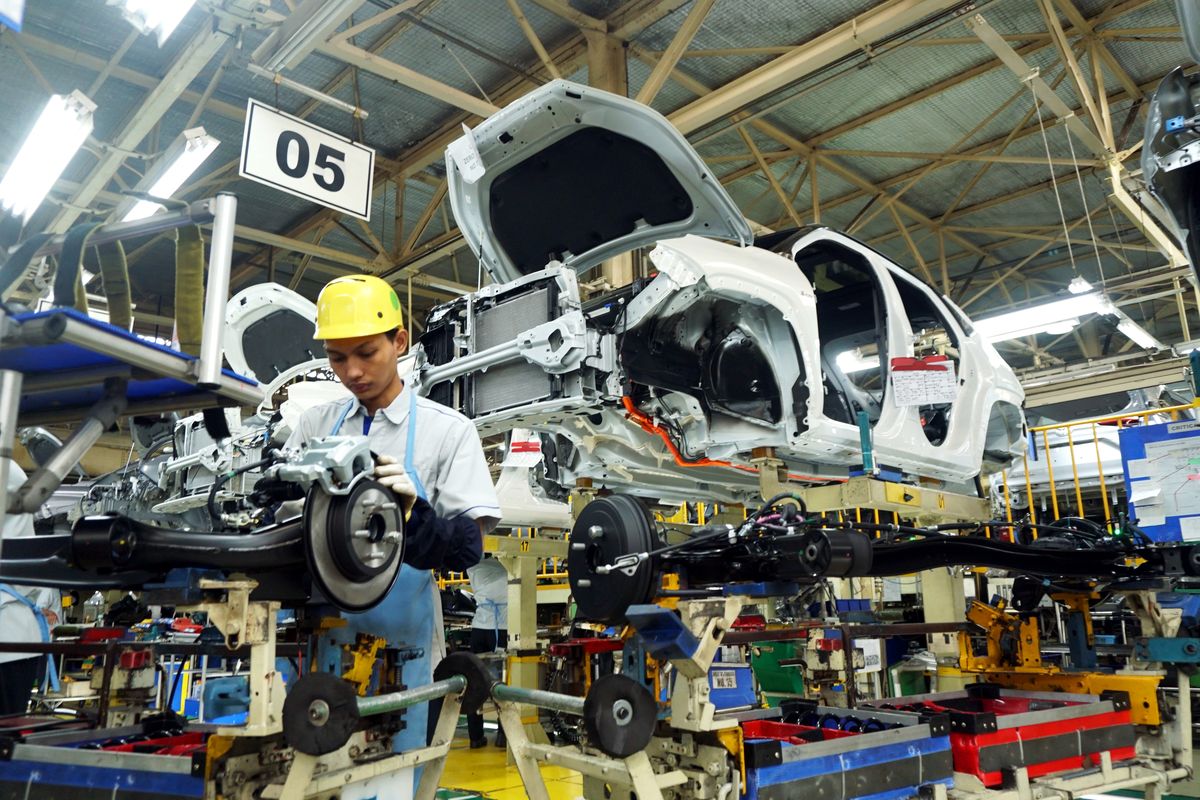In 2025, Indonesia's manufacturing sector has experienced a notable downturn, raising concerns among economists, policymakers, and industry stakeholders. This article delves into the causes behind the decline, its impacts on the economy and workforce, and the strategies being implemented to foster recovery.
Causes of the Decline
Several factors have contributed to the decline of Indonesia's manufacturing sector in 2025:
- Global Economic Slowdown: A deceleration in global economic growth has led to reduced demand for exports, affecting Indonesia's manufacturing output.
- Technological Disruptions: The rapid advancement of technology has outpaced the sector's adaptation capabilities, leading to decreased competitiveness.
- Supply Chain Challenges: Disruptions in global supply chains have impacted the availability of raw materials, hindering production processes.
- Labor Market Issues: A mismatch between the skills of the workforce and the needs of modern manufacturing has led to inefficiencies.
Impacts on the Economy and Workforce
The decline in the manufacturing sector has had several repercussions:
- Employment: Job losses have increased, particularly in regions heavily reliant on manufacturing industries.
- Economic Growth: The sector's downturn has contributed to a slowdown in overall economic growth, given its significant role in the national GDP.
- Investment: Investor confidence has been shaken, leading to reduced foreign direct investment in the sector.
Government and Industry Response
In response to the challenges, both the government and industry players have initiated measures to stimulate recovery:
- Policy Reforms: The government is implementing policies aimed at improving the business environment and attracting investment.
- Skill Development Programs: Initiatives are underway to upskill the workforce, aligning their capabilities with modern manufacturing requirements.
- Technological Adoption: Efforts are being made to encourage the adoption of advanced manufacturing technologies to enhance productivity.
Future Outlook
While challenges persist, the concerted efforts by stakeholders provide a pathway toward recovery. Continued focus on innovation, workforce development, and policy support is essential to revitalize Indonesia's manufacturing sector.
Read More






 Friday, 27-02-26
Friday, 27-02-26







